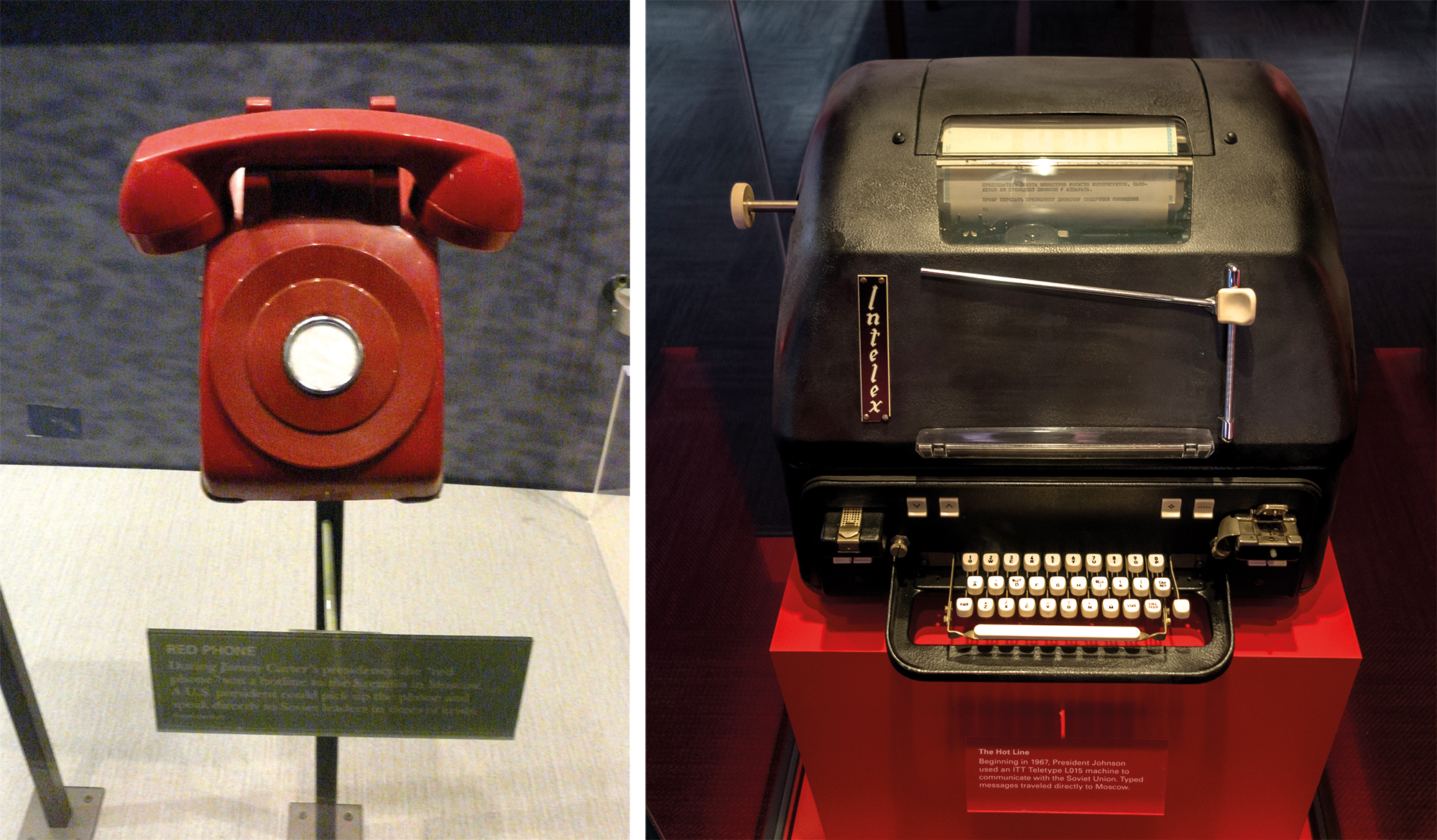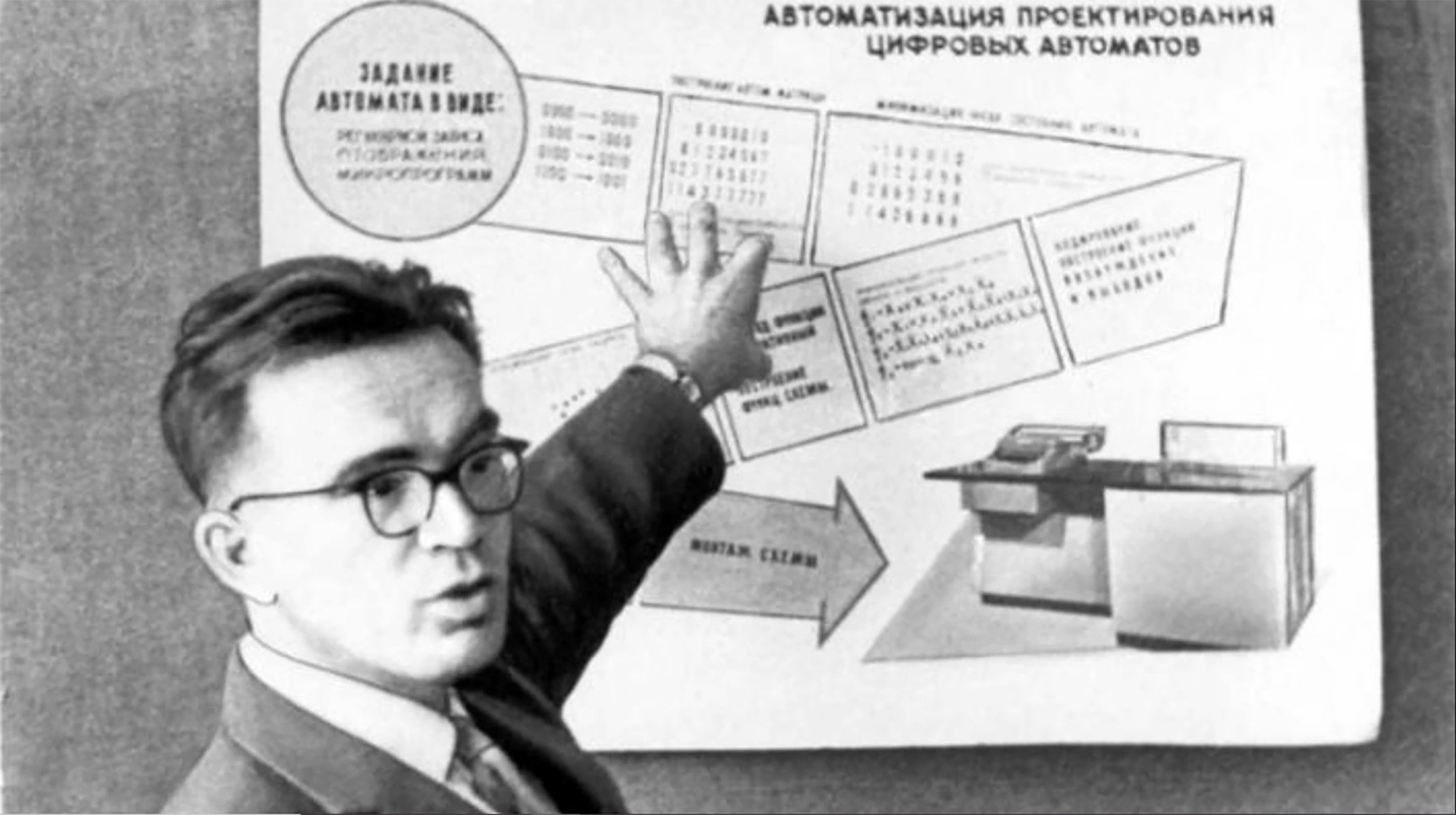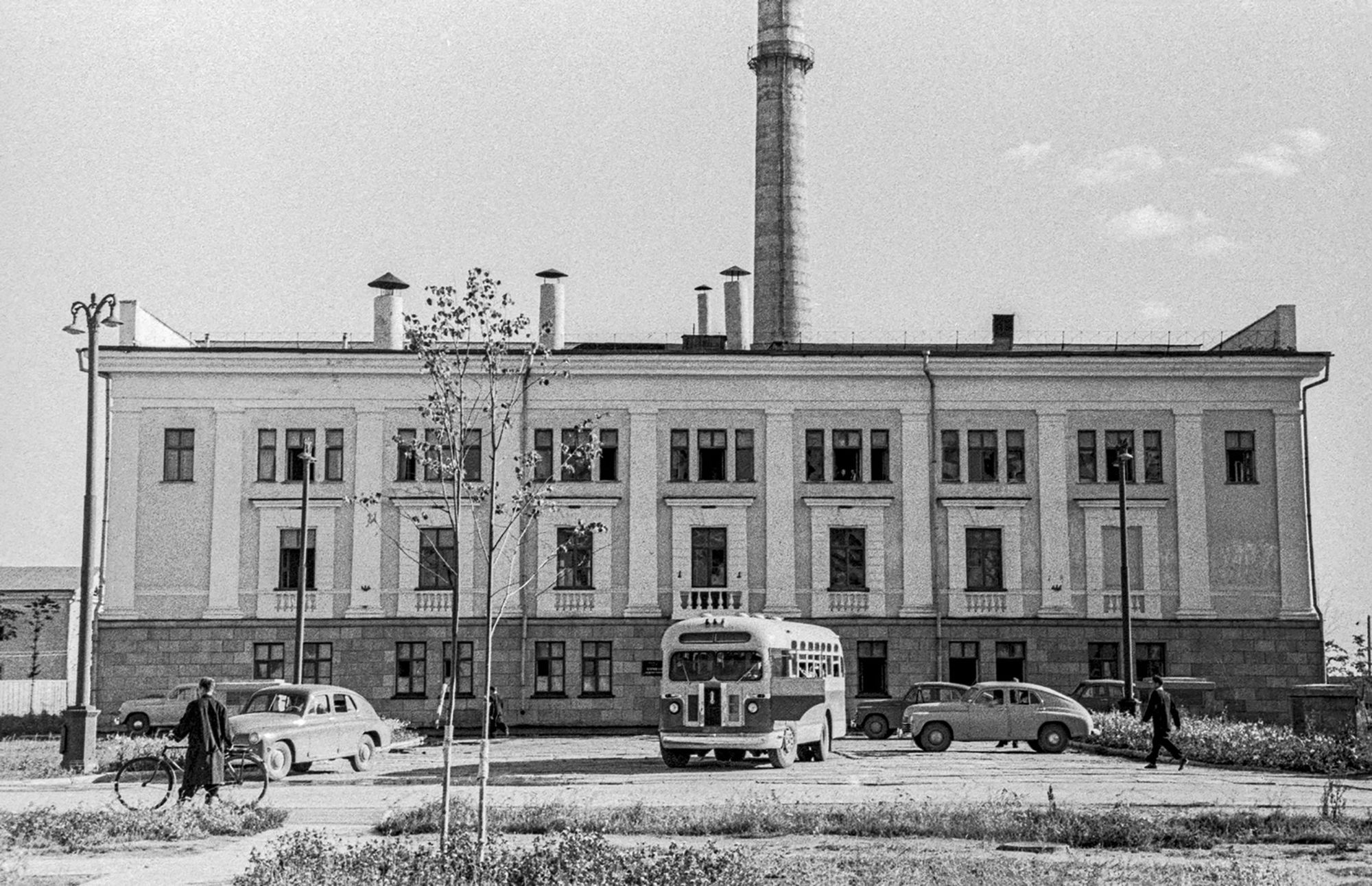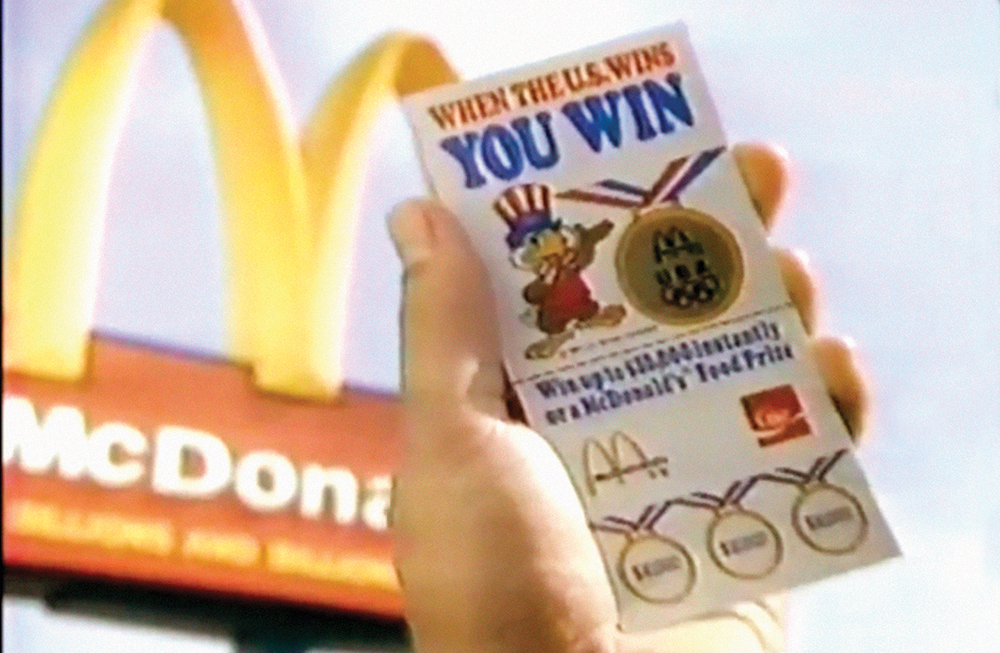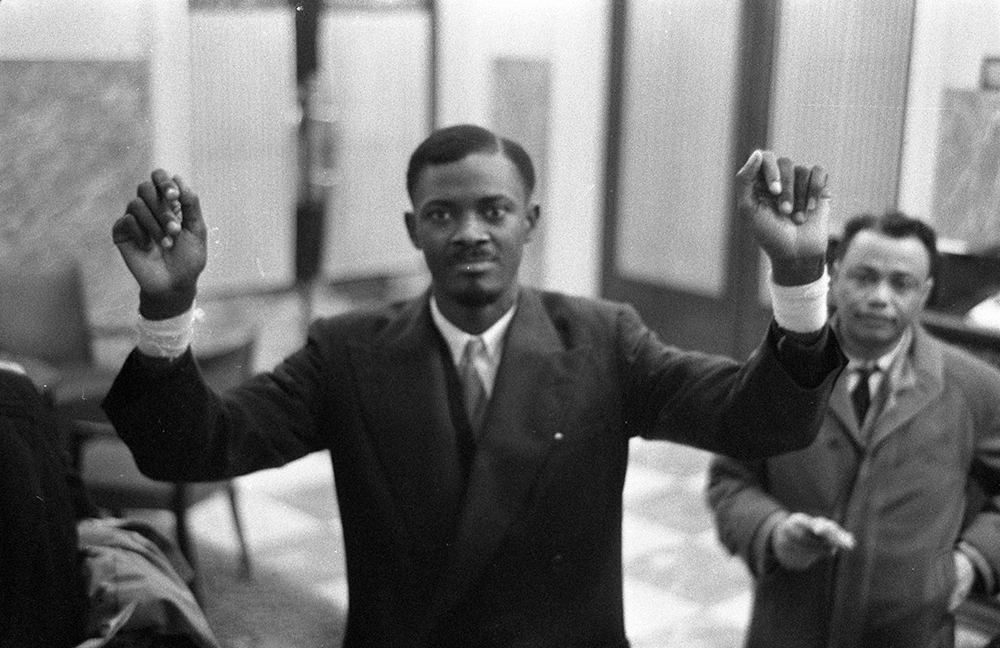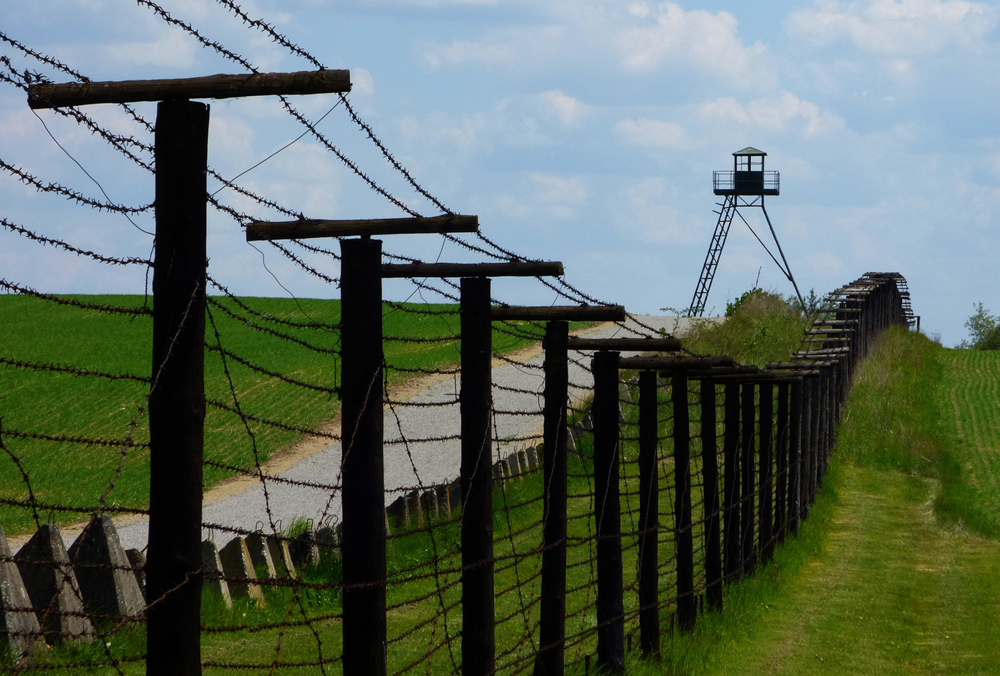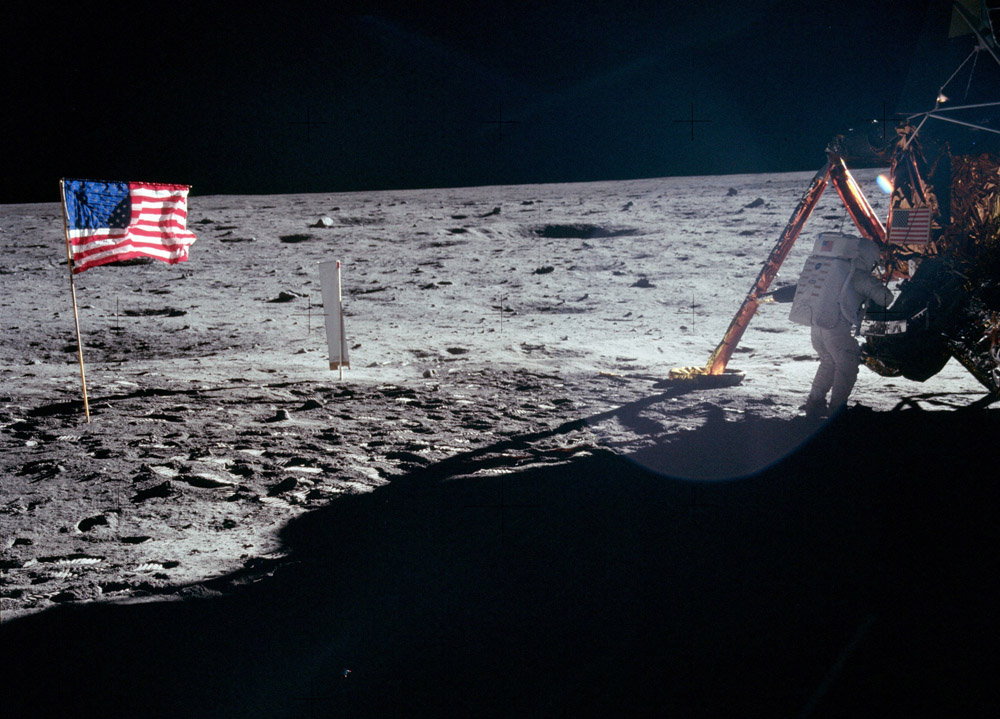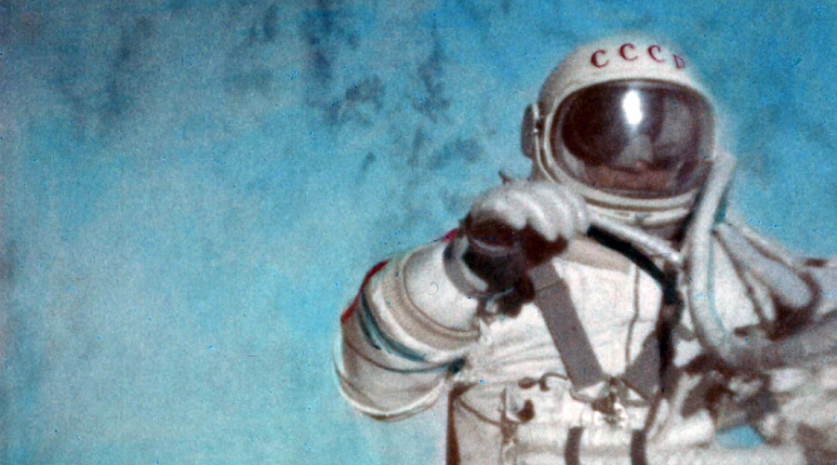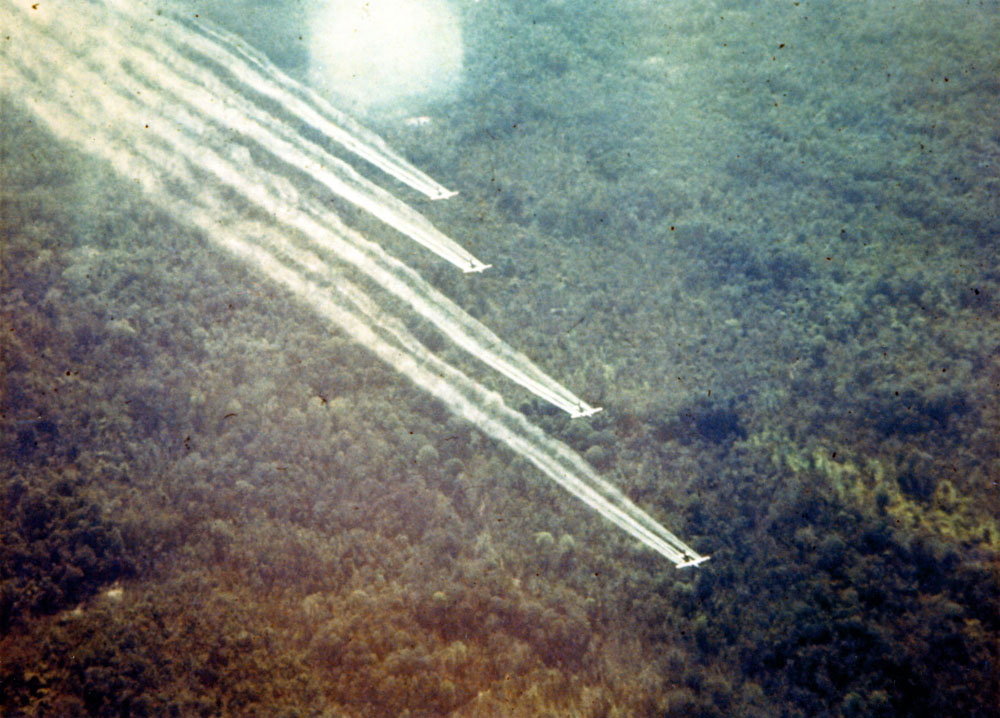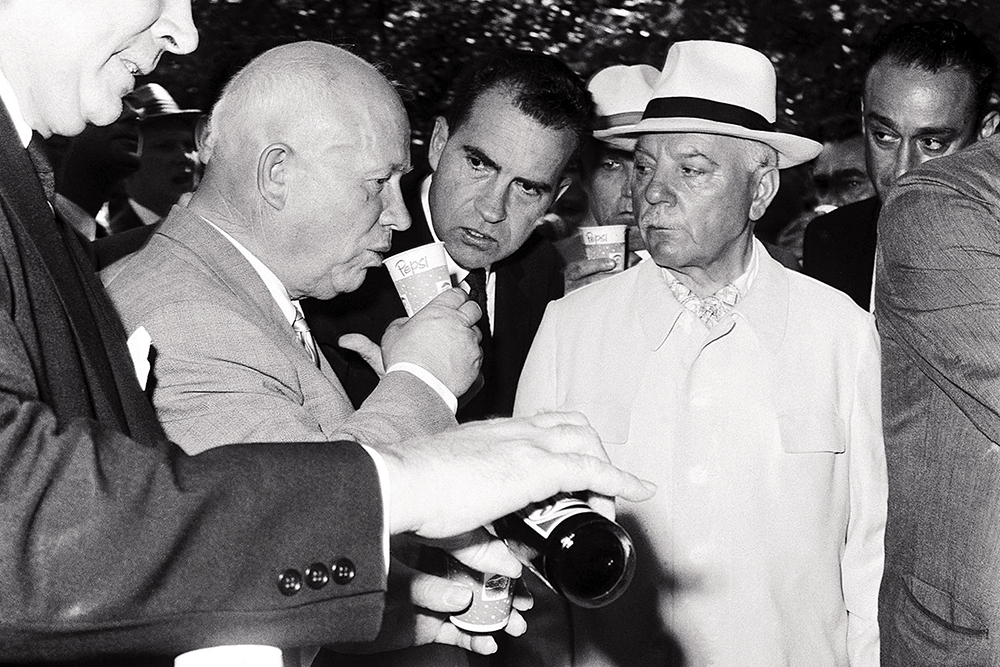The smell of the Cold War returns to Europe after the US exit from nuclear INF
- He hasn't signed it yet, but Donald Trump has already announced his decision: The United States will emerge from the FEIN, which bans medium-range nuclear missiles. The world is therefore once again closer to the atmosphere prior to the signing of the first nuclear arms control treaty, in which every power could install wherever it wanted and whatever it wanted. In Europe, the “arms struggle” that seemed forgotten from the time of the Cold War is again being heard. Unfortunately, there are few reactions in society.

The unilateral decision of the United States has shaken diplomacy around the world: Donald Trump announced on October 20 that his country will no longer afford a major treaty with Russia during the Cold War, the INF treaty, which prohibits short- and medium-range land-based missiles. It has created a great deal of concern in the world, not as big as it probably should have aroused for its importance.
The agreement, signed in full in English by the Presidents of the Soviet Union, Mikhail Gorbachev and the United States, Ronald Reagan, was signed on 8 December 1987 after a long negotiation between the two powers. It entered into force in May 1988 and prohibited contracts for a number of missiles, which were then available to the Russians and the Americans, ranging from 500 to 5,500 kilometres. With an important nuance: it prohibited launch missiles from the ground, but not launch missiles from ships. History has shown that this detail has not been lost in the development of the agreement.
The INF Treaty, with the ban on very dangerous weapons to carry atomic bombs, brought a final milestone to one of the largest global crises of the 1980s, which was ignited by the Soviet Union with SS-20 missiles threatening major European capitals. With the new deal, at the end of 1991, 2,692 missiles were dismantled from the two sides, 846 from the United States and 1,846 from Russia. The INF Treaty for the European Union is “one of the pillars of the European architecture for security”.
Donald Trump says Russia has not respected the deal. It was Barack Obama who during his mandate warned of the rape when the Russians set up the new Novator M729 missiles. It was during the conflict in Ukraine, Donbass and Crimea. John Bolton, owner and master of U.S. security affairs with Trump, has ordered the operation to block all the renegotiation of the other major New Start strategic missile pact, which the Yankees have exhausted the INF and is expected to expire in 2021.
Mikhail Gorbachev, who is 87 years old today, said that – he died in Reagan in 2004 – it would be a mistake to take Washington out of INFO, which would lead to the failure of the “attempt to interrupt the arms confrontation” of the Cold War between him and his American counterparts. Vladimir Putin's team has announced that it will receive "military-technical reprisals" by eta.
In the heart of Europe, Germany, the Weekly Der Spiegel has analyzed Trump’s announcement as follows: “Once again the Cold War? The departure of the United States from the nuclear pact is of concern to Europeans.” Der Spiegel underlined how the German Foreign Minister, Heiko Maas, once again brought to the table the arms war, a concept that was almost forgotten that in Germany itself felt hotter than in any other place the Cold War.
The danger of nuclear weapons which at the time helped INFO to relax the atmosphere in Germany made many people, and more widespread in Central Europe and in the countries bordering the Soviet Union and its allies, uneasy. Many houses and buildings then still have bunkers and rooms built to protect themselves from atomic attacks, in addition to the anti-atomic holes and shelters that the military have spread throughout the geography in the countries of Central Europe.
The fact is that in the 1980s thousands of citizens protested to prevent the United States from installing ballistic missiles such as the Pershing II.Por in Germany the opposite, in the face of the new threats of 2018, citizenship has hardly reacted at any time.
China is also at stake
The Bulletin of Atomic Scientists, the famous Bulletin of the Atomic Scientists published in the United States, is a global benchmark on these issues. Among his articles on the INF crisis, Russian physicist Pavel Podvig, who has participated in the Russian nuclear forces investigation project, admits in the analysis entitled “Who has damaged the INF?”: “The most worrying thing in this situation is that we do not know exactly what happened. In addition to designating the type of missile that is the reason for the violation, EE.UU. has not given any details of the possible violation.”
Podvige acknowledges that Russia has committed a violation of the 9M729 missile, developed in 2008, with which tests were allegedly carried out in 2012 and that the Americans would have failed to comply with the pact that reproached Russia in 2014. “Was the rape very serious? We can safely say that they did not reach the point of breaking the INFO ban.”
Apparently, the two powers have long lost the climate of confidence of the Gorbatxov-Reagan era and there has been no way to negotiate a solution. “As a result, we risk losing one of the most important agreements for nuclear disarmament and perhaps the entire arms control process, without seeing any evidence of it.”
Der Spiegel also mentioned China in the equation of this grave crisis. That is, if China does not sign INF, the Yankees Pact makes no sense. “China at the time of the Cold War was much weaker than it is today, both economically and militarily. But since then, China has become one of the geopolitical rivals of the United States. The latest “National Defence Strategy” prepared by the Pentagon mentions China as a strategic rival to the EE.UU. before I start quoting Russia.”
According to this analysis, China can only base its strategy on the advantage of geography: it has an immensely extensive land, which is a suitable situation for establishing medium-range weapons on land... which are prohibited by the signatories of the INF. China would have to destroy more than half of the missiles it has today, if Beijing were to become involved in the agreement. And conversely, the United States wants its hands to be free to put missiles in Japan this year.
Pavel Podvige, noting that if INF was possible due to the concern, protest and impetus of the population, has concluded its analysis as follows: “Unfortunately, history shows us that the situation has to be more serious, certainly much more serious, before people’s pressure forces leaders to do things better. We do not know to what extent the nuclear draw that the United States and Russia have in Europe will have to come, so that the world realises that it is untenable to support peace in the risk of nuclear weapons. I just have to believe that the world will realize it sooner rather than later, before it’s too late.”
Los Angeles, 1984ko uda. XXIII. Olinpiar Jokoak AEBetako hirian egin ziren eta McDonald's frankiziak marketin kanpaina berezia prestatu zuen horiei lotuta: "Urratu eta irabazi" moduko txartelen bidez, bezeroek Big Mac bat jasoko zuten doan AEBek urrezko domina... [+]
Japoniako parlamentuak indar armatuak atzerrian parte hartu ahal izatea onartu du. Orain arte konstituzio japoniarrak debekatu egiten zituen bere mugetatik at zeuden interbentzioak.











